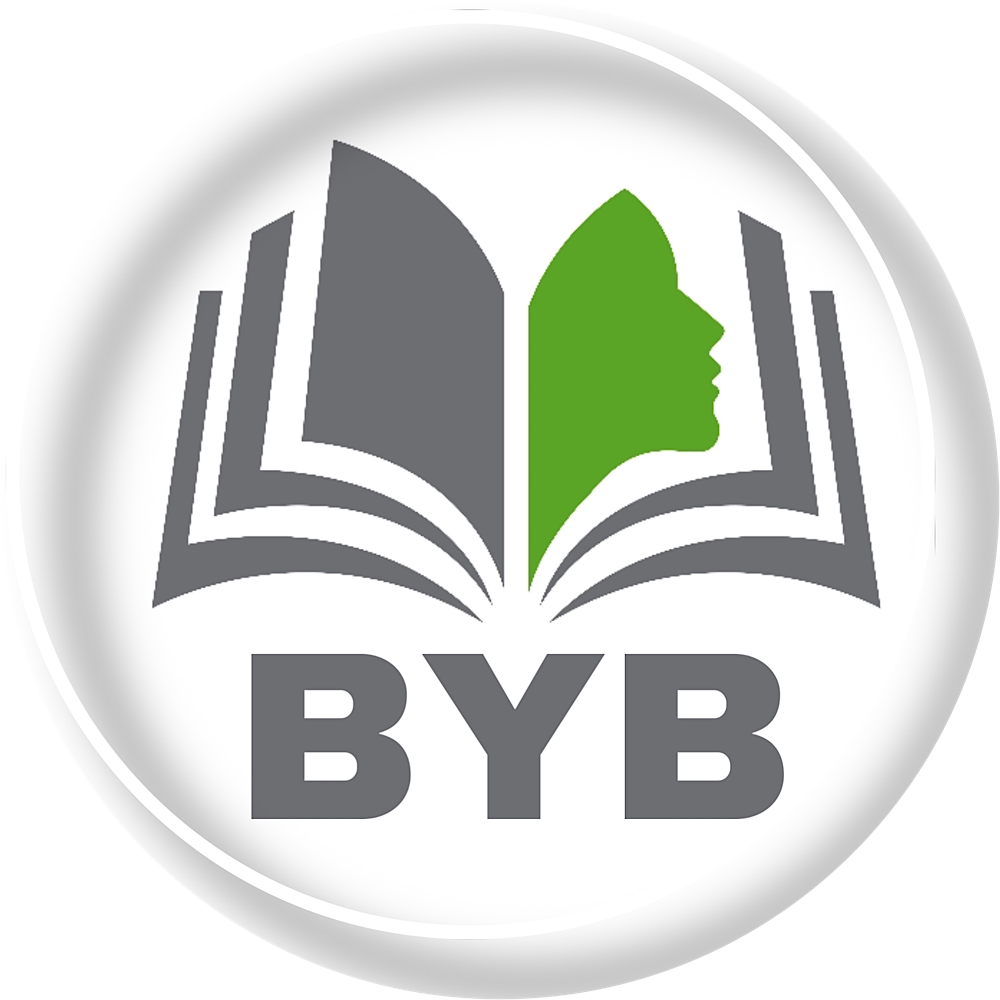The Baloch people, indigenous to the region of Balochistan in Pakistan, have long faced numerous challenges that have hindered their progress and development. This article sheds light on the issues faced by the Baloch people, including socio-economic disparities, political marginalization, and human rights abuses. Despite these obstacles, the Baloch people have shown resilience and determination in their struggle for equality and recognition.
Historical Context:
To understand the challenges faced by the Baloch people, it is essential to examine the historical context. Balochistan, a resource-rich province, has often been subjected to exploitation and neglect by successive governments. The region has faced economic underdevelopment, limited access to basic services, and a lack of infrastructure, which have contributed to the marginalization of the Baloch population.
Socio-Economic Disparities:
One of the primary challenges faced by the Baloch people is socio-economic disparities. Balochistan, despite its vast natural resources, has the highest poverty rate in Pakistan. Limited job opportunities, inadequate access to quality education and healthcare, and a lack of basic amenities have perpetuated a cycle of poverty and deprivation. This has resulted in a significant development gap between Balochistan and other provinces in Pakistan.
Political Marginalization:
The Baloch people have long felt politically marginalized within the Pakistani state. Balochistan's representation in national decision-making bodies has been disproportionately low, leading to a lack of influence and voice in shaping policies that directly impact their lives. This marginalization has fueled feelings of alienation and frustration among the Baloch population, exacerbating existing grievances.
Human Rights Abuses:
The Baloch people have also faced grave human rights abuses, including enforced disappearances, extrajudicial killings, and torture. Activists, intellectuals, and journalists who raise their voices against injustice have often been targeted, creating an atmosphere of fear and intimidation. The lack of accountability for these violations has further deepened the sense of injustice among the Baloch people.
Cultural Identity and Recognition:
The Baloch people take immense pride in their rich cultural heritage and language. However, the suppression of their cultural identity has been a significant challenge. Balochi, the native language of the Baloch people, has faced neglect in educational institutions, resulting in a decline in its usage. Additionally, the limited representation of Baloch culture in mainstream media and the arts has further contributed to a sense of cultural marginalization.
Struggle for Equality and Recognition:
Despite these challenges, the Baloch people have shown remarkable resilience and determination in their struggle for equality and recognition. Baloch activists, intellectuals, and civil society organizations have tirelessly advocated for their rights and highlighted the injustices faced by their community. Through peaceful protests, awareness campaigns, and international advocacy, they have sought to bring attention to the plight of the Baloch people and push for meaningful change.
Efforts for Development and Empowerment:
Several organizations and individuals have undertaken initiatives to address the socio-economic disparities in Balochistan and empower the Baloch people. Efforts have been made to improve access to education, healthcare, and infrastructure in the region. NGOs and grassroots organizations have also focused on skill development and entrepreneurship to create economic opportunities and alleviate poverty.
Conclusion:
The challenges faced by the Baloch people in Pakistan are complex and multifaceted, ranging from socio-economic disparities to political marginalization and human rights abuses. However, the resilience, determination, and unwavering spirit of the Baloch people in their struggle for equality and recognition cannot be overlooked. It is essential for the Pakistani government and society at large to address these challenges, promote inclusivity, and work towards a more equitable


